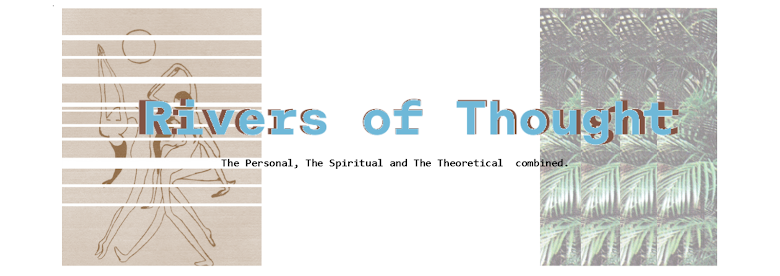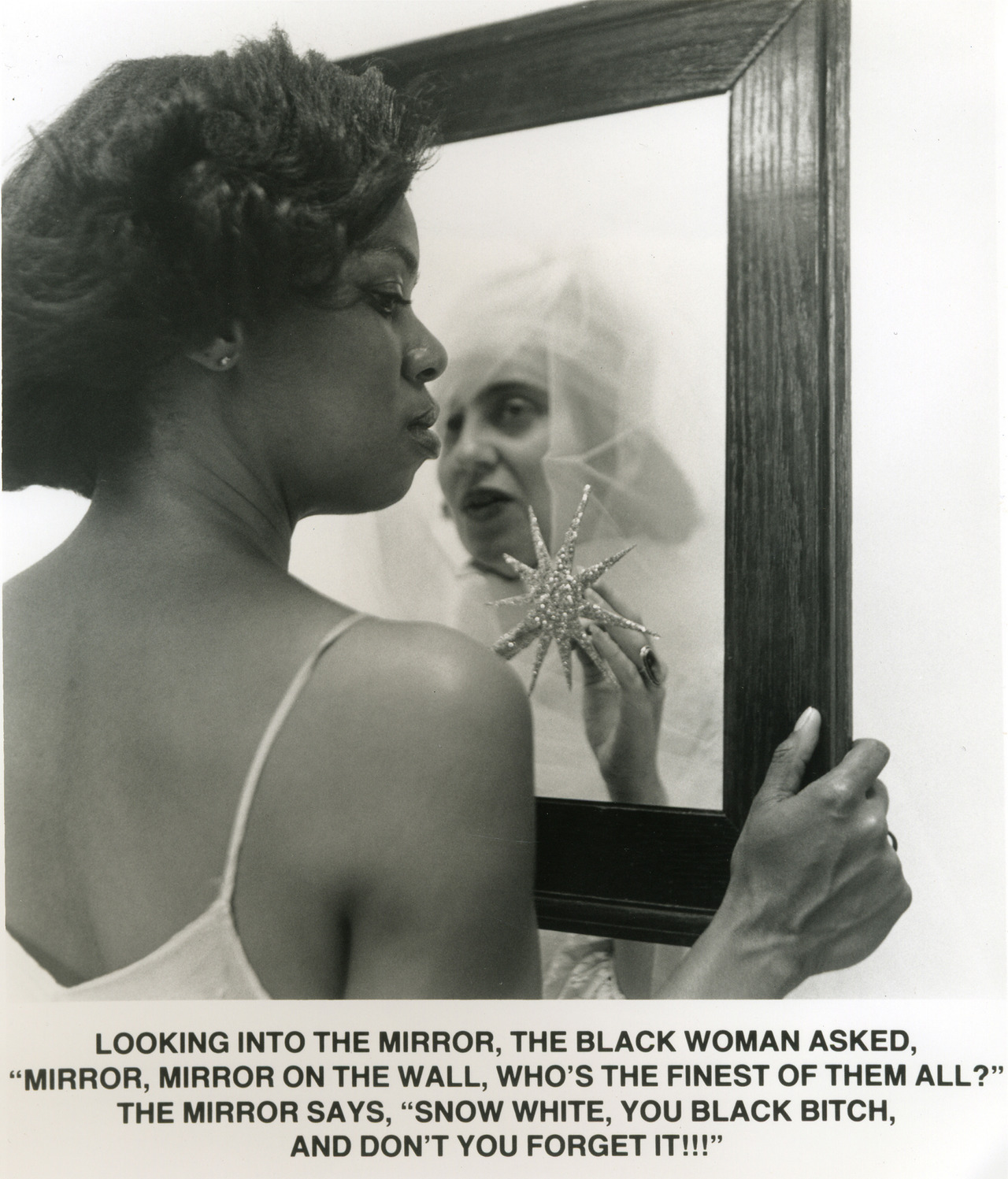The mundane beast lives in the corner of my classroom
and he roars and he sneezes and he spits and he fills the air with his germs
and his cooties, till we’re sat glum on our seats under a grey cloud fed to us
in the style of the pearly gates, except the doors lead to a corporate heaven; banal and
lifeless.
And so, tell me. In the midst of a lesson, is there a
time where you slip into a hazy moment?
Where your mind is far away from reality, and your eyes are climbing up
the stars to a distant galaxy where it’s a summer burning hot and the winter
doesn’t bite the tip of your nose in the late afternoon. Or where it’s a summer
blazing hot and the sweat clings to your skin, and you feel lucky when a soft
breeze pirouettes over those exposed patches of skin leaving the whisper of a
cool ice touch. Or of a spring where I open the curtain and welcome the voyeur
sun with tired eyes as it hangs, discrete, from white-cloud strings. A spring
where I walk for a long while with a book in my bag, knowing I can brave the
wind coat-free.
Sometimes I slip into a reality where I’m grown and my eyes reflect my years, and I’m walking across a city with a briefcase in my right hand and a coffee in my left. Where I’m on my way to a job not too far from my home, and it’s a job that I love so much that I smile when I walk through the door, and in my heart, I still carry that curious kindness of a small child. That’s the daydream of a 17-going-on-18 adolescent girl reminding herself why she sits and she listens (sometimes) and works hard. It’s the daydream of 17-going-on-18 adolescent girl reminding herself that for all the moments you procrastinate, that’s another two moments of educational endeavours regardless of how late it is.
Sometimes I slip into a reality where I’m grown and my eyes reflect my years, and I’m walking across a city with a briefcase in my right hand and a coffee in my left. Where I’m on my way to a job not too far from my home, and it’s a job that I love so much that I smile when I walk through the door, and in my heart, I still carry that curious kindness of a small child. That’s the daydream of a 17-going-on-18 adolescent girl reminding herself why she sits and she listens (sometimes) and works hard. It’s the daydream of 17-going-on-18 adolescent girl reminding herself that for all the moments you procrastinate, that’s another two moments of educational endeavours regardless of how late it is.
Of course, I have those soppy daydreams where my mind wanders on the feel of a hand in mine or the feel of a kiss or a tight hug. Often. The soppy daydreams of soppy hearts and “I love yous” that he won’t give. But these pass in a long second because really it’s rude to dream of romance while your teacher is trying to prep you for ‘the long shadow of work”. The pressure sweats everyone like the Sahara Desert sun sweats the foreign stranger on holiday. Remember that before you curse them out for caring.
Watch the video!!







